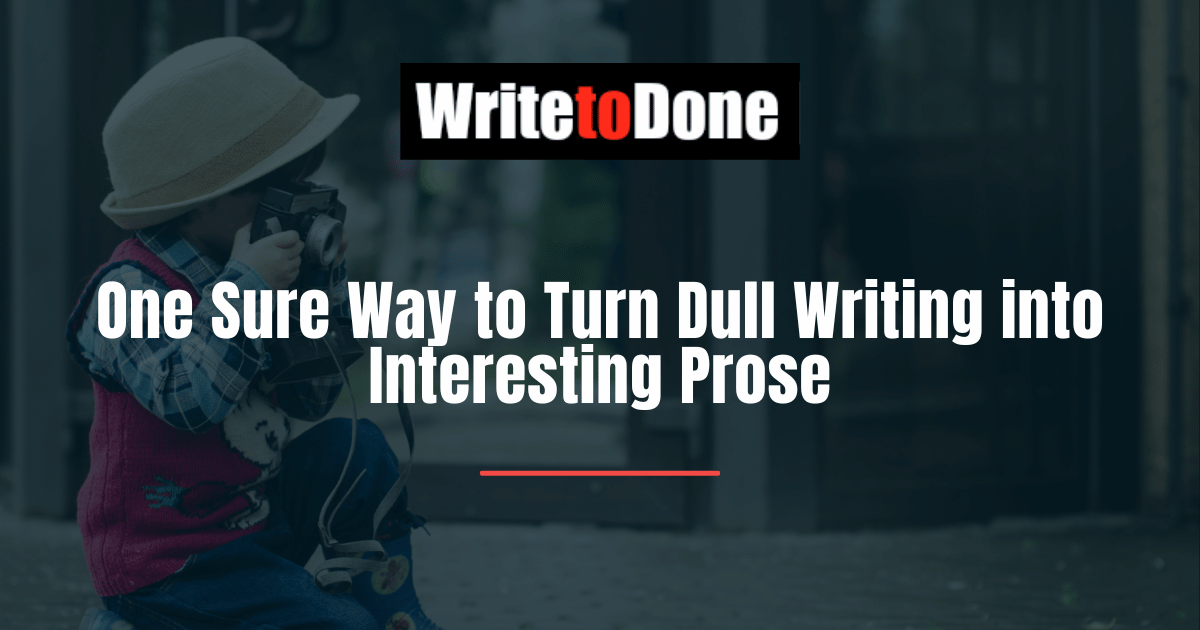Chapter 3 of The Art of Readable Writing by Rudolf Flesch has the following title: The Importance of Being Trivial. Back in the 40s and 50s, Flesch was hailed as the guru of clear, direct writing. His advice remains powerful and relevant today.
When Flesch recommended being “trivial,” he meant you should use details to energize your writing. That requires researching your subject and sharing specifics with your reader to create vivid mental images.
I can illustrate this simple idea with the following two descriptions.
Version 1:
I drove from Virginia to Ohio. In no hurry, I took the back roads to enjoy the scenery. Along the way, I saw a bunch of those old Mail Pouch barns. You see barns anytime you pass through rural areas, but the Mail Pouch barns are famous.They started as ordinary barns, but painters transformed them into advertisements. They offered to paint the whole barn if the farmer agreed to an advertisement on the side. Few farmers could resist. At one point there were Mail Pouch barns along many roads in several states.
Version 2:
I drove my old Ford F-10 from Roanoke, Virginia to Chillocothe, Ohio. In no hurry, I avoided the busy interstate and took the back roads to enjoy the colorful Fall leaves. Along the way, I saw at least 20 of those old Mail Pouch barns. You see barns anytime you pass through rural areas, but many of the Mail Pouch barns are listed as National Historic Landmarks.They started as ordinary barns, but from 1890 to 1992 painters working for the West Virginia Mail Pouch Chewing Tobacco company transformed them into roadside advertisements. “Mr. Farmer,” they would say, “If you let me paint a Mail Pouch advertisement on the side of your barn, I’ll paint the rest of your barn for free.” Few farmers could resist. At one point there were 20,000 Mail Pouch barns along the roads across 22 states urging drivers to “Chew Mail Pouch Tobacco.”
Can you see the difference? Both versions describe the same topic, but the first is lifeless while the second uses details to create mental images. The writer doesn’t just drive, he drives an old Ford F-10. He doesn’t merely want to enjoy the scenery, he wants to enjoy the colorful Fall leaves. In the second paragraph, there is a bit of dialogue that dramatizes the conversation between the painter and the farmer.
Turn Dull Writing into Interesting Prose
To be lively and engaging, you must do more than tell your reader about something, you must show what you see, use specific names, share interesting facts. These seemingly trivial details turn dull writing into interesting and readable prose.
Image courtesy of Pixabay
















